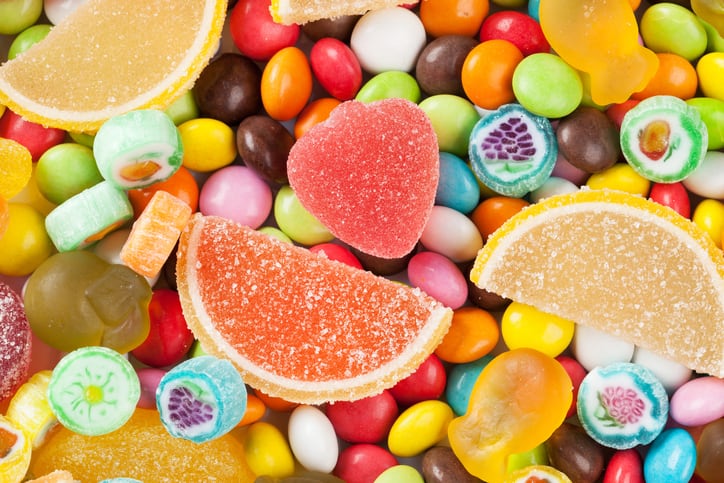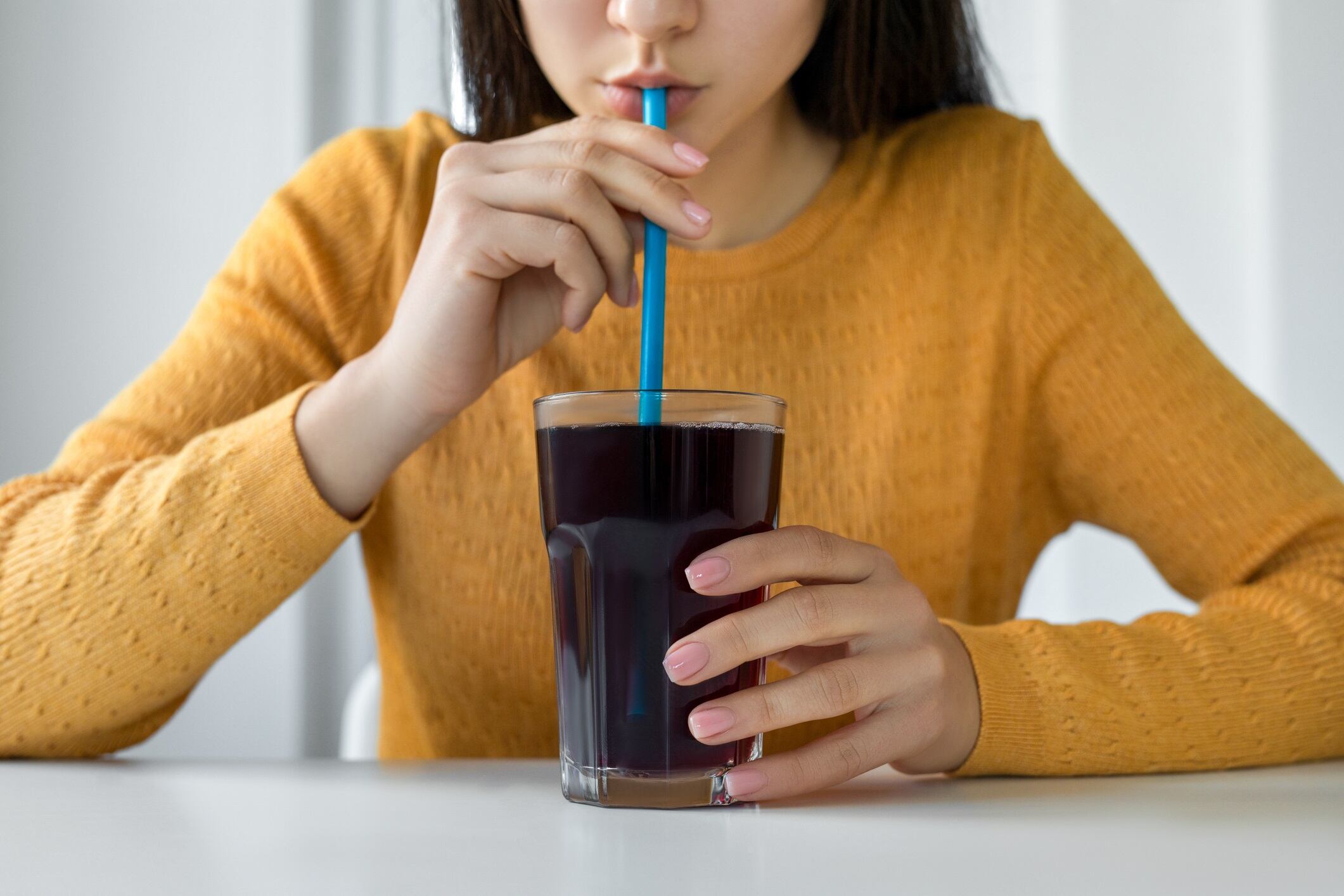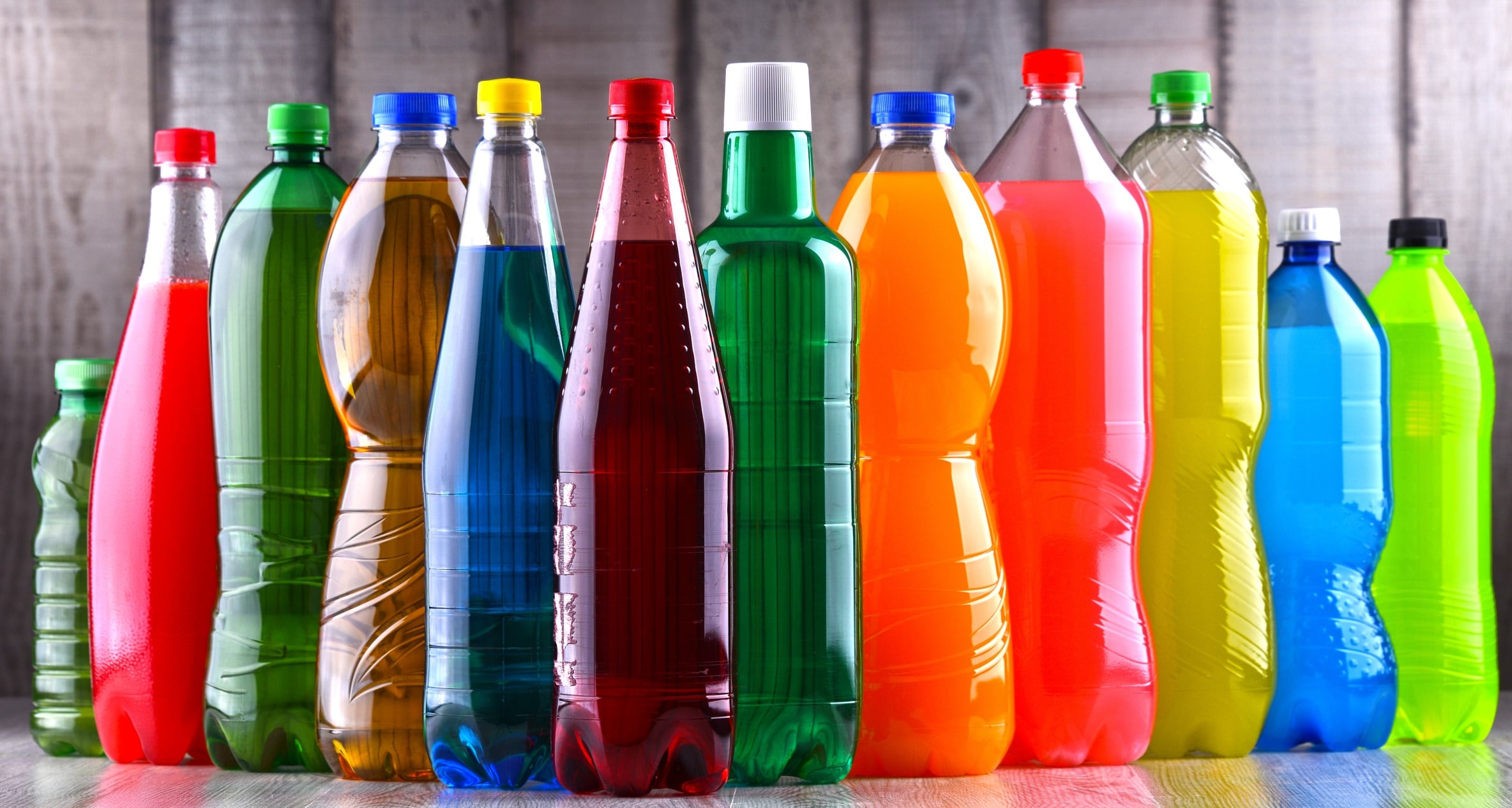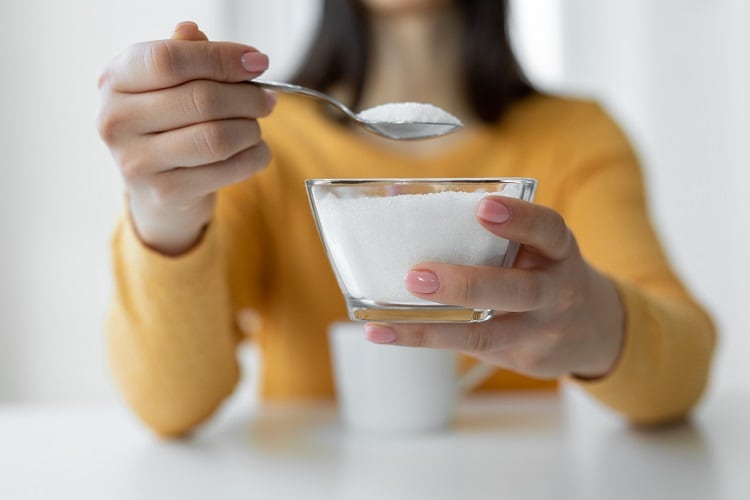Popular sweetener, acesulfame K (E 950), has been declared safe by the European Food Safety Authority (EFSA) following a re-evaluation process.
“Based on the available data, no safety concerns arise for genotoxicity of acesulfame K (E 950) and its degradation products,” said EFSA in its report.
EFSA confirmed the assessment of acesulfame K involved a “comprehensive review of existing authorisations, evaluations and new scientific data”.
The move comes after calls for the widely-used artificial sweetener to be banned, following claims it could cause cancer, hormone disruption, type 2 diabetes, thyroid damage and cognitive decline.
What is acesulfame K?
Acesulfame K, also known as acesulfame potassium and ace-K, is a highly versatile artificial sweetener used in a wide range of foods and beverage products, including carbonated drinks, desserts, ice creams, sweets, protein shakes, and even chewable supplements and liquid medications. It is 200 times sweeter than sucrose (sugar).
Unlike similar sweeteners, such as aspartame, it is said to be heat stable, meaning it’s suitable for use in baked goods as well as cold products.
Industry response to EFSA report
The International Sweeteners Association (ISA) has said it “welcomes” the news from EFSA.
“Conclusions about the safety of acesulfame K support a history of safe use for decades,” says Laurent Oger, director general of the ISA.
The EFSA re-evaluation is in line with reviews conducted by regulatory authorities across the globe, including the Joint Food and Agriculture Organization/World Health Organization Expert Committee on Food Additives (JECFA).






